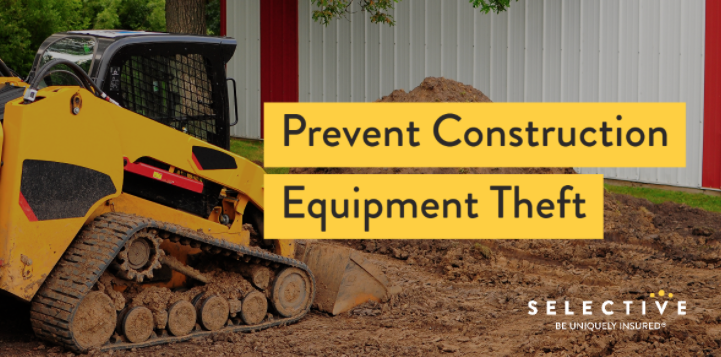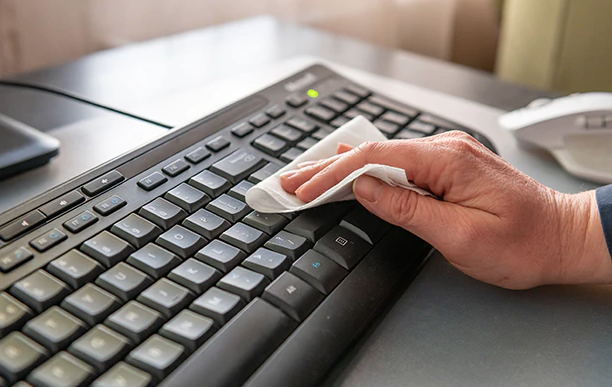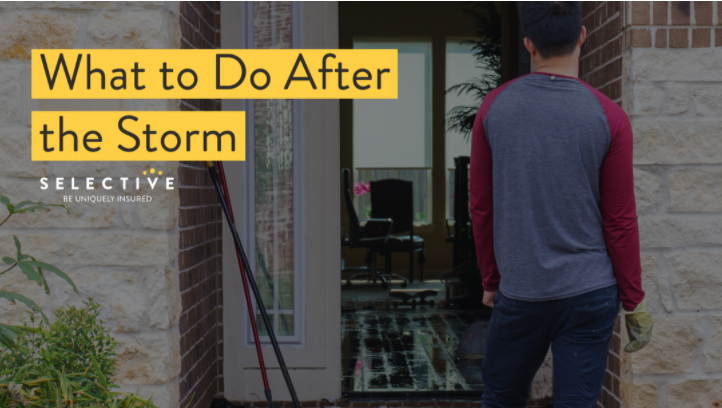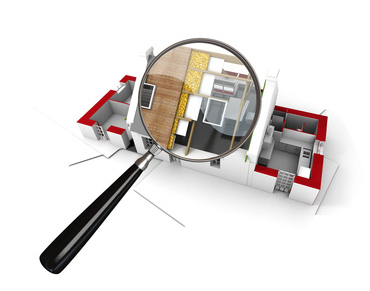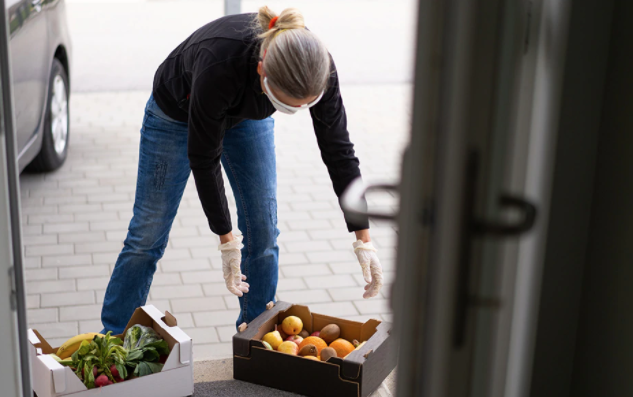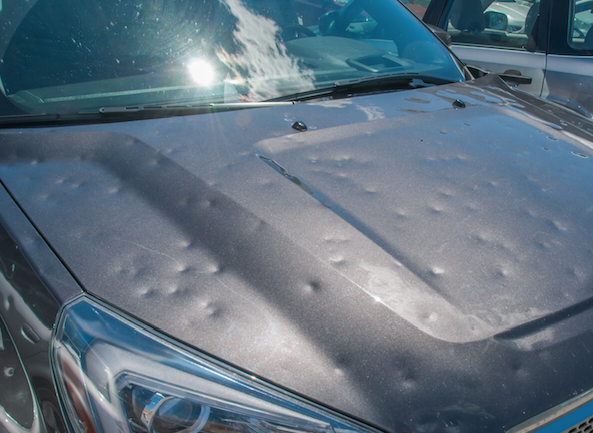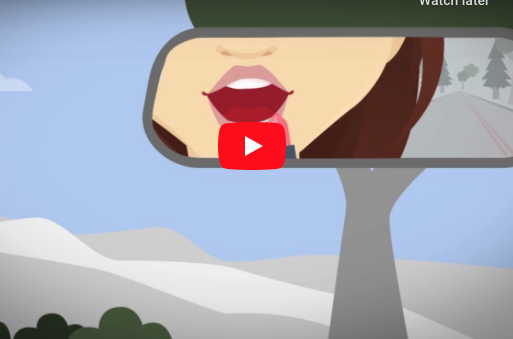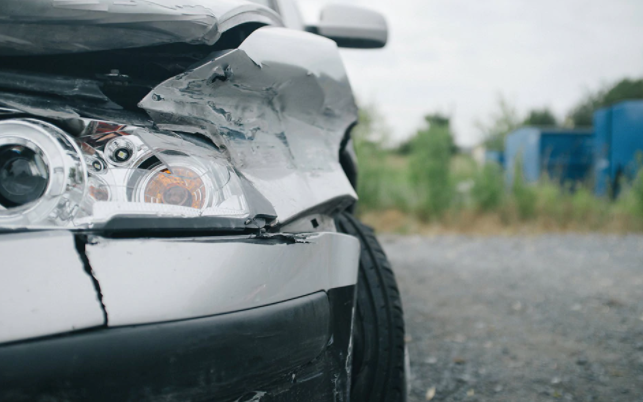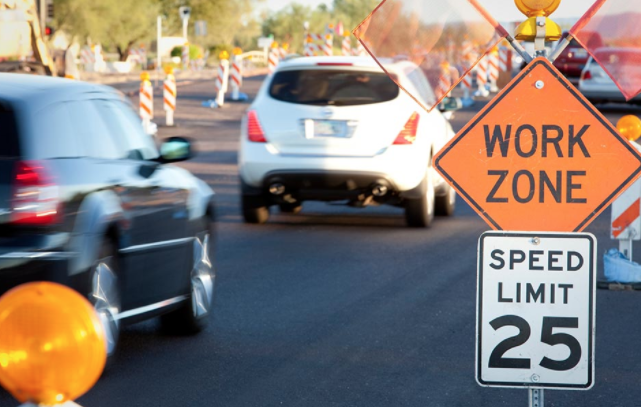3 POOL SAFETY TIPS FOR HOMEOWNERS

A backyard pool can be the center of summertime fun, family time, and exercise. Having a pool at home can be great fun for the entire family. It can enhance your property’s value and provide the perfect backdrop for social events ranging from BBQs to outdoor parties.
The Centers for Disease Control and Prevention (CDC) estimates there are 7.4 million swimming pools and five million hot tubs in residential or public use in the United States.
Owning a swimming pool, though, is a big responsibility. According to the CDC, 3,536 Americans die in unintentional non-boating drowning accidents each year in the U.S. And for every child under the age of 14 who dies of drowning, another five receive emergency room care for nonfatal submersion.
For the homeowner with a swimming pool, a pool accident can be devastating in many ways. Drowning isn’t by any means the only safety concern, though. From minor scrapes to biological hazards, there are several safety concerns that go with pool ownership.
To help you avoid problems and have an accident-free and liability-free summer, here are three areas of pool safety tips for homeowners.
Install a Pool Fence and Alarm
Children can slip through doggy doors, climb out windows and walk out unlocked doors in a matter of seconds. To prevent small children from entering the pool area unsupervised and neighborhood kids from using your pool without permission, consider installing a climb-resistant pool fence is one of the best measures you can take.
Guidelines for a safe pool fence include:
- Have no more than four inches between vertical slats.
- Be at least four feet high and have a self-closing gate with a latch above the reach of children.
- Supply no easy footholds or handholds for climbing.
- Keep furniture or other objects that can be used as a climbing aid away from the fence.
Even if you did not give permission for someone to be there, you may be held liable for accidents that occur on your property. A pool is considered an “attractive nuisance,” the legal doctrine that can hold a homeowner responsible for injuries on their property to children who cannot understand the risks involved in their actions in trespassing. Securing your pool with a locked fenced is one step you can take to help you reduce that risk. Read Full Article










